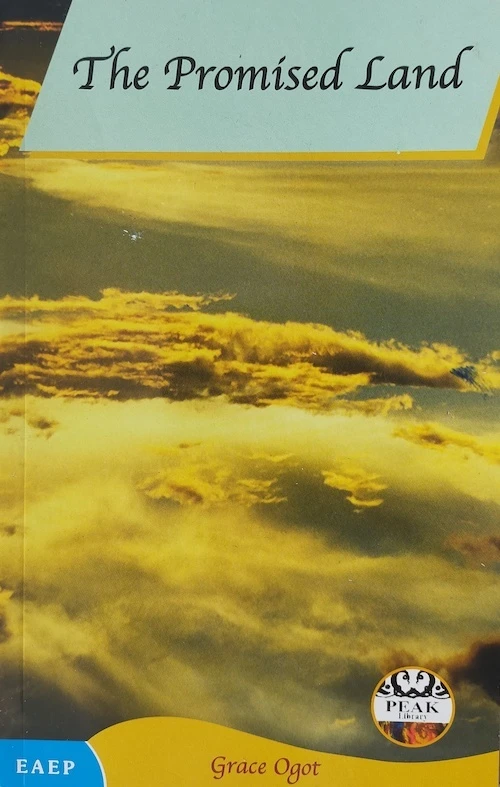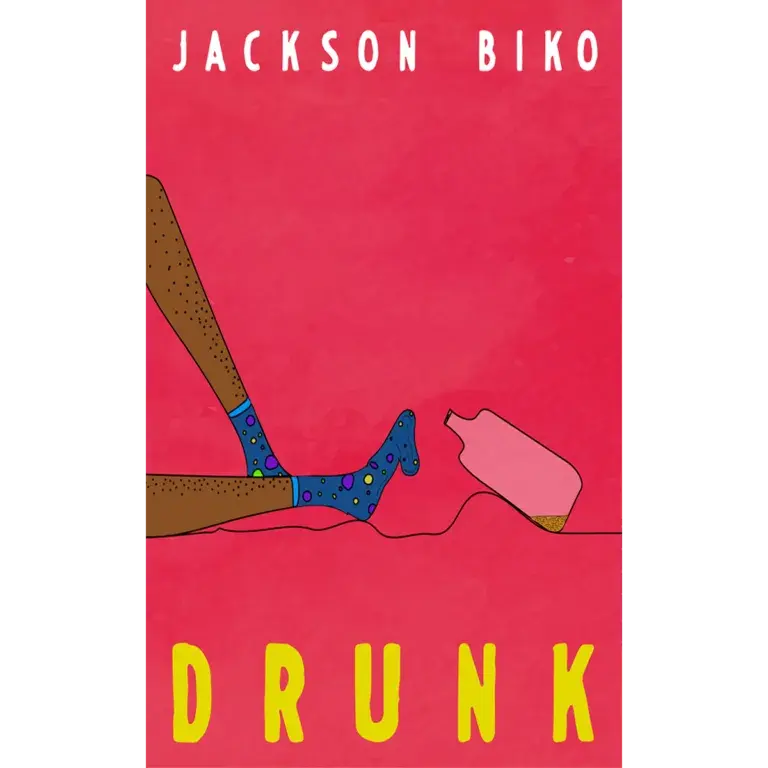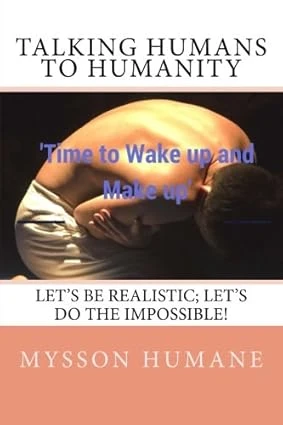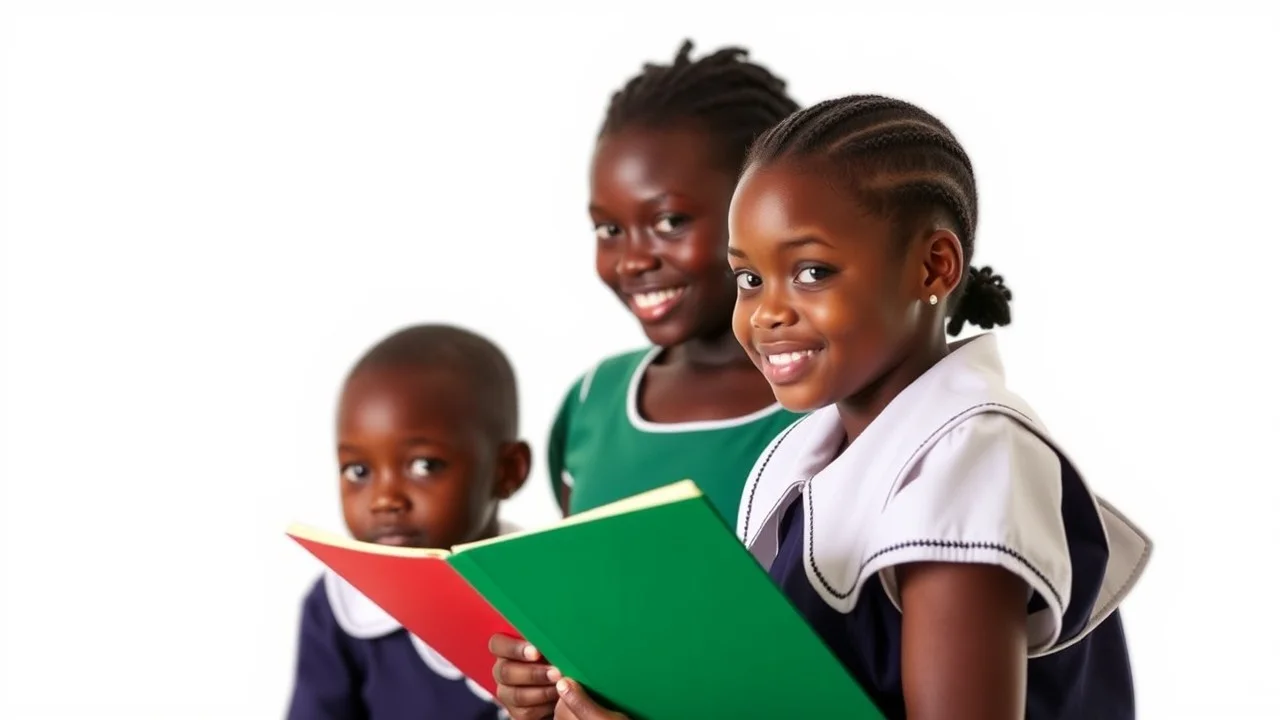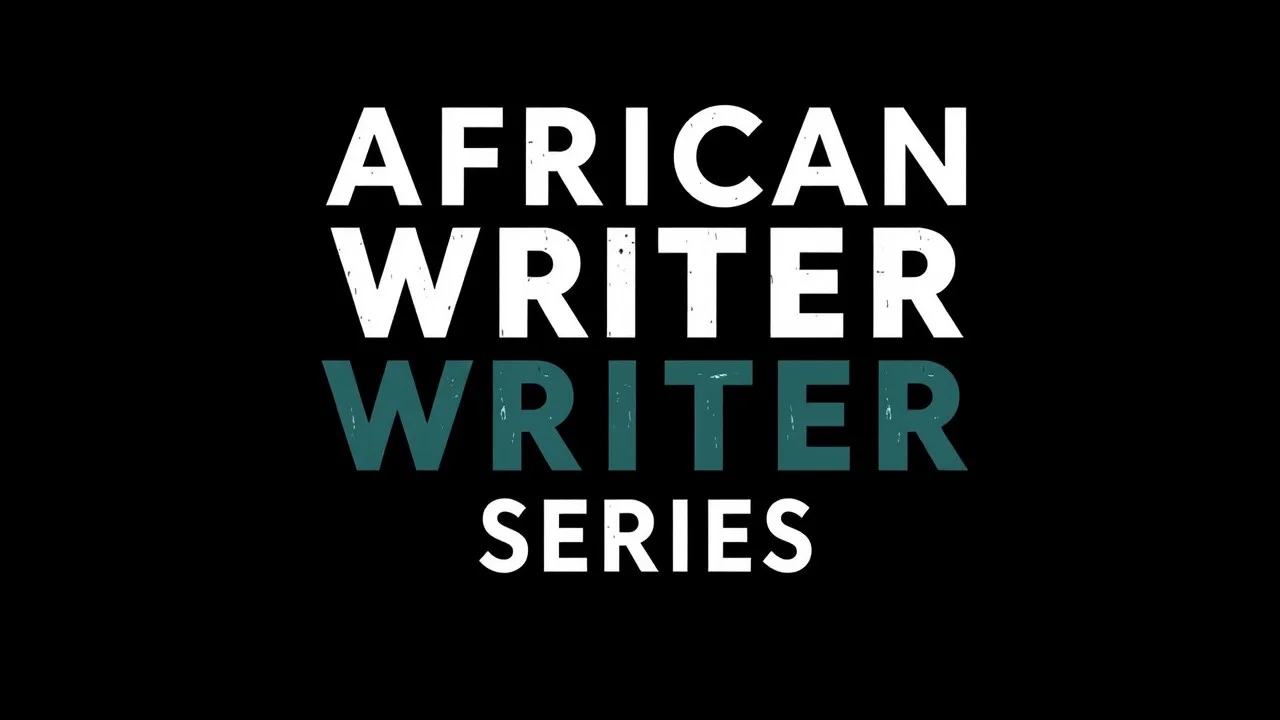Kenyan literature has a long and evolving history that often delves deeply into themes of identity, culture, and social issues.
Female Kenyan authors have made significant contributions to this narrative by blending traditional storytelling with contemporary issues, creating unique works that resonate both locally and internationally.
1) Grace Ogot
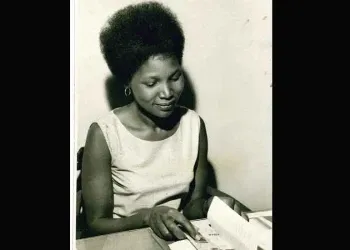
Grace Ogot was among the first female Kenyan writers to gain recognition. Her works often reflect Luo cultural heritage, depicting themes of tradition and identity in rural Kenyan settings.
Notable works like The Promised Land highlight the tension between modernity and traditional values, making her a pivotal figure in early Kenyan literature.
Ogot used her stories to articulate the complexities of African identity, especially for women caught between evolving cultural norms and societal expectations.
2) Margaret Ogola
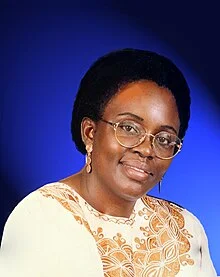
Margaret Ogola’s seminal novel, The River and the Source, is celebrated for its rich exploration of Kenyan womanhood over generations.
The novel centers on the lives of three women, each facing unique challenges shaped by their cultural and social environments.
Ogola’s work stands out for its deep examination of gender roles, cultural transitions, and the struggle for self-definition within a rapidly changing society.
3) Yvonne Adhiambo Owuor
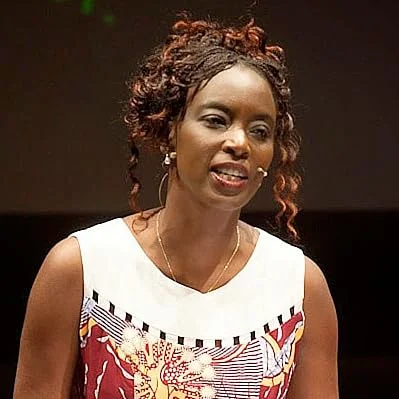
Yvonne Adhiambo Owuor’s Dust and The Dragonfly Sea focus on contemporary Kenyan issues like political instability and personal loss, against a backdrop of rich cultural settings.
Her narrative style weaves together personal and political histories, exploring the impact of national events on individual identities.
Owuor’s works reflect the complexities of belonging and self-discovery, making her one of the leading voices in modern Kenyan literature.
4) Muthoni Garland
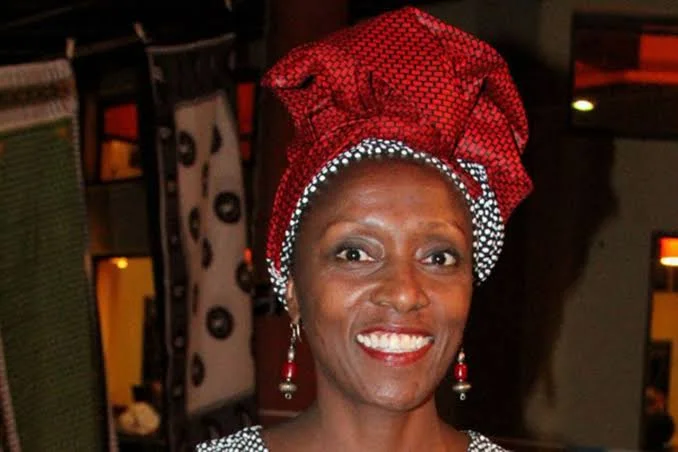
Muthoni Garland’s short stories and novels often grapple with identity, gender, and social mobility.
As the founder of the Storymoja literary initiative, she has played a pivotal role in nurturing the Kenyan literary community. Her work challenges patriarchal structures while celebrating the strength and resilience of Kenyan women.
5) Makena Onjerika
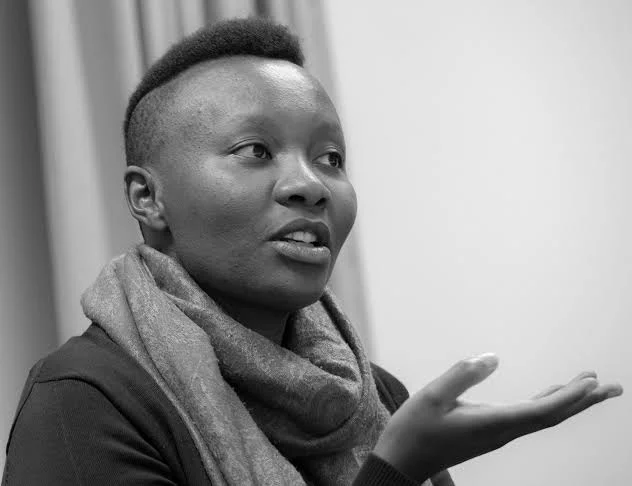
Makena Onjerika’s Fanta Blackcurrant gained international acclaim for its raw portrayal of Nairobi’s street children. Her vivid narratives focus on marginalized identities and the struggle for dignity in the face of poverty and neglect.
Onjerika’s storytelling approach highlights the intersections of poverty, gender, and youth identity, providing a nuanced perspective on Kenyan urban life.
6) Sitawa Namwalie
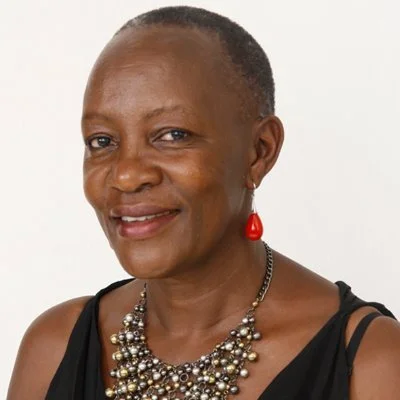
Sitawa Namwalie is known for her poetry and plays that delve into issues of identity, race, and belonging.
Her works like Cut off My Tongue explore the politics of language and the complexities of hybrid identities in post-colonial Kenya.
Namwalie’s work is a powerful exploration of how language and culture shape our sense of self.
Exploring themes of identity and culture
Female Kenyan writers often explore the dualities of identity: navigating traditional expectations versus personal aspirations, rural versus urban life, and the impact of political events on cultural identity.
These themes are not isolated but are intertwined with broader societal questions around gender, colonial history, and social justice.
The African Writers Series, launched in 1962, played a crucial role in amplifying these voices, showcasing the diversity and richness of Kenyan literature on an international stage.
Conclusion
Kenyan female authors have carved out a unique space in literature, using their narratives to question, reflect, and reimagine identity within the Kenyan and African contexts.
Their works continue to shape not only the literary landscape but also the social and cultural discourse around identity and belonging in contemporary Kenya.
